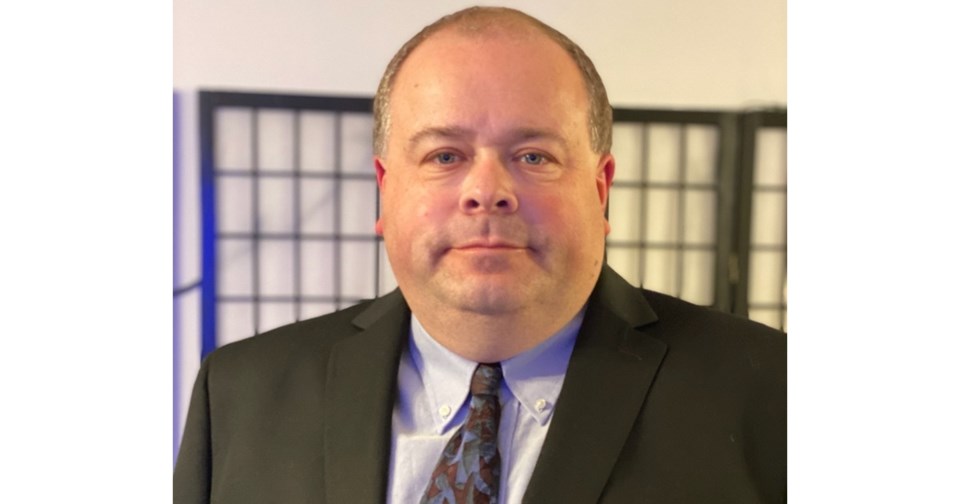HUMBOLDT — Humboldt Mayor Michael Behiel said he is disappointed in the 2022-23 provincial budget, saying he would like to have seen gas tax relief and more mental health funding.
“From my personal perspective as a mayor, it broke my will to try to continue to negotiate things with them, because there’s apparently no intention to listen or help with the areas we’re saying need help,” Behiel said.
“It’s sadly disappointing after being promised for so long that they’re listening to us and trying to make things better.”
Behiel has been outspoken against the provincial budget since it was released on March 23. The following day he made a post on social media, referring to it as a “slap in the face” to Saskatchewan residents.
In an interview with the Humboldt Journal Behiel said his number one issue is that he feels the province is turning a blind eye to the economic turbulence. The gas tax was one example, in Saskatchewan the tax rate is 15 cents per litre on gasoline and diesel fuel.
“As mayors, we had rallied about the gas tax when we specifically asked, ‘There are surging revenues right now, will you be cancelling, like the other provinces, further gas tax costs or will you be returning it to the people?’ The answer was, ‘Wait for the budget, you’re going to see what we have in the budget, you’ll be surprised.’ Well we were surprised, because the answer was, ‘No.’”
Mental health was another aspect of the budget Behiel said he felt was inadequately addressed. With the budget, healthcare is getting a $318.7 million boost in the province to a total of $6.44 billion.
Mental health and addictions funding received an increase of $9.5 million in 2022-23, allocating $8 million for targeted initiatives to improve services and support.
In January 2021, Behiel said he approached Dr. Saqib Shahab, Saskatchewan’s chief medical health officer, citing statistics with the growing mental health and suicide epidemic.
“Dr. Shahab looked at me and he agreed that it was a massive crisis but, ‘We need to finish COVID and then we can start addressing this.’ Well COVID is done now they say, and here we are, ‘Yes, we’re going to address it now with $8 million on a $6.5 billion healthcare budget and that’s got to cover everything.’”
While he applauded the allocation of $6.44 billion total in healthcare, Behiel said he wouldn’t consider $8 million even “putting a Band-Aid” on the current epidemic, which he feels is “basically ignoring the crisis.”
“I would have really liked to see a lot stronger reallocation of a lot of the healthcare funding to deal with the opioid crisis, the mental health and addictions, the homelessness, and the addictions. All of those are exponentially increasing right now and there’s very little being done about it.”
In the budget, due to the pandemic heightening challenges in recruiting and retaining health professionals across sectors and regions, the province announced it would be hiring 300 workers from the Philippines. Behiel said he would like to see that expand to mental health care as well.
“Why not put a blanket in place if we’re going to do incentives to bring in rural doctors and nurses, which are definitely needed, equally as much right now if not more we need those mental health workers, physiatrists, the social workers, the crisis workers to be coming into these rural areas too, give them an incentive too. Expand it so we can attract the necessities we need.”




